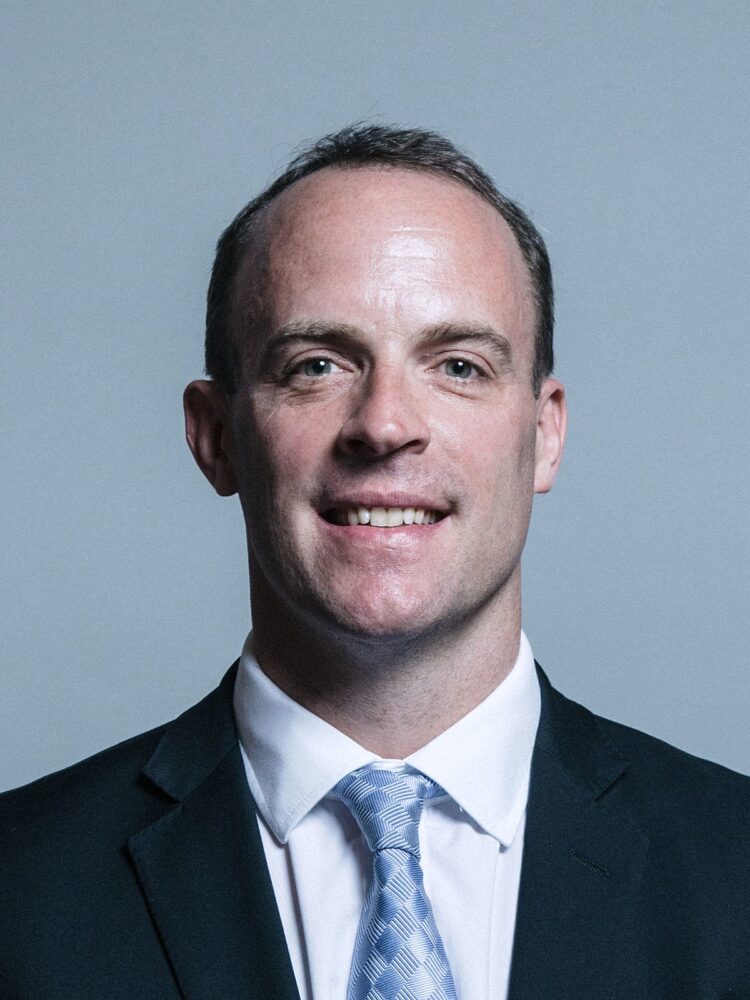By Ben Kerrigan-
The Uk government has launched what it says will be “common sense” reforms to the Human Rights Act that will “restore confidence” in the legal system.
The proposals seeks to prevent foreign offenders abusing rules around the right to a family life.
Critics have warned that the final measures could be muddled and unnecessary, and have accused the government of trying to undermine the HRA to suit their own purposes.
However, British ministers are concerned that the HRA has been exploited by terrorists, criminals, and lawyers trying to achieve their own selfish purposes.
Justice Secretary Dominic Raab said the UK will “remain a party to the European Convention on Human Rights” while saying the government wanted to “change, reform to revise” how it is interpreted by courts.
The proposals will recognise the “right to trial by jury” as it applies “variably across different nations” in the UK and reinforce the weight given to freedom of speech, adding this is “a quintessentially British right, the freedom that guards all the others”.
He added: “Freedom of speech does sometimes mean the freedom to say things which others may not wish to hear.”
The Human Rights Act was introduced in 1998, and sets out minimum standards of equitable rights that people should abide by.
It includes basic rights to a fair trial, life and freedom from ill treatment – and protections against discrimination or unfair interference in private and family life.
The act’s wording comes from the European Convention of Human Rights – a treaty agreed by almost every nation in Europe after World War Two.
The convention is enforced by a court in Strasbourg, France, which includes judges from the UK and all other nations. It’s nothing to do with the European Union
The HRA has been under sustained attack from critics on the right of politics who say that it puts European law ahead of British law.
The House of Lords’ EU justice sub-committee said in January that it was worried to see the government change the wording of the political declaration it agreed with the EU, which sketches out a non-binding vision for what the UK’s relationship with Europe will look like after Brexit.
In its draft form, the declaration stated that the future relationship should incorporate the UK’s “commitment” to the convention. However, by the time the final version was published in November 2018, it had changed to a commitment to “respect the framework” of the convention.
Under the three-month consultation, the government proposes changing the law to introduce specific circumstances in which a foreign national offender could not claim a right to family life in the UK to challenge their deportation.
Ministers have expressed a desire to introduce a new legal test which would allow judges to block what the government says are “spurious” cases making it to court.
Mr Raab said it would prevent what he called “abuse of the system” by criminals “relying on Article 8 – the right to a family life – to frustrate their deportation from this country”. He said such claims make up about 70% of successful human rights challenges by foreign national offenders appealing deportation orders.
Mr Raab said the reforms would “sharpen the separation of powers”, making the UK Supreme Court – rather than Strasbourg – “the ultimate judicial arbiter when it comes to interpreting the ECHR in this country”.
This will be done by reforming the part of the act requiring UK courts to take account of Strasbourg caselaw.
He said: “We will make it crystal clear that the UK courts are under no duty to follow Strasbourg caselaw which itself does not operate a doctrine of precedent.”
It’s not clear how that differs from the current situation where British courts can choose to ignore the views of the European Court of Human Rights if they have good legal reason to do so.
Mr Raab said: “Our plans for a bill of rights will strengthen typically British rights like freedom of speech and trial by jury, while preventing abuses of the system and adding a healthy dose of common sense.”
The plans do not include proposals that would change the law concerning the potential return to other countries of migrants arriving in dinghies..
That review and its conclusions, advice and warnings run to an astonishing 580 pages
Labour’s shadow justice secretary Steve Reed described the proposals as “all mouth and no trousers”, saying “they do nothing to deal with the severe failings in the criminal justice system”.
He added: “If the secretary of state really wanted to restore confidence in the system his priority would be sorting that out, but instead he’s choosing to fiddle with the Human Rights Act, instead of stretching every muscle and sinew to make sure that rapists and violent offenders are banged up behind bars where they belong.”
The Law Society, which represents solicitors in England and Wales, urged the government to make sure that any reforms of the HRA were backed by evidence, not driven by political rhetoric.
Its president, I. Stephanie Boyce, said: “The powers government purports to introduce for the most part already exist. British judges deliver British justice based on British laws.
“UK courts do not, as government suggests, blindly follow case law from the European Court of Human Rights.”
Critics of the act say that reforms are needed to “restore” the supremacy of the UK courts, by limiting the interference of the European Court of Human Rights (ECHR) in domestic issues, such as voting rights for prisoners.
It has been a longstanding issue for Conservative governments which have wanted to ignore Strasbourg rulings. The idea is that the Human Rights Act could be replaced with a “British” bill of rights which would allegedly give the UK more control over the laws it implements.

